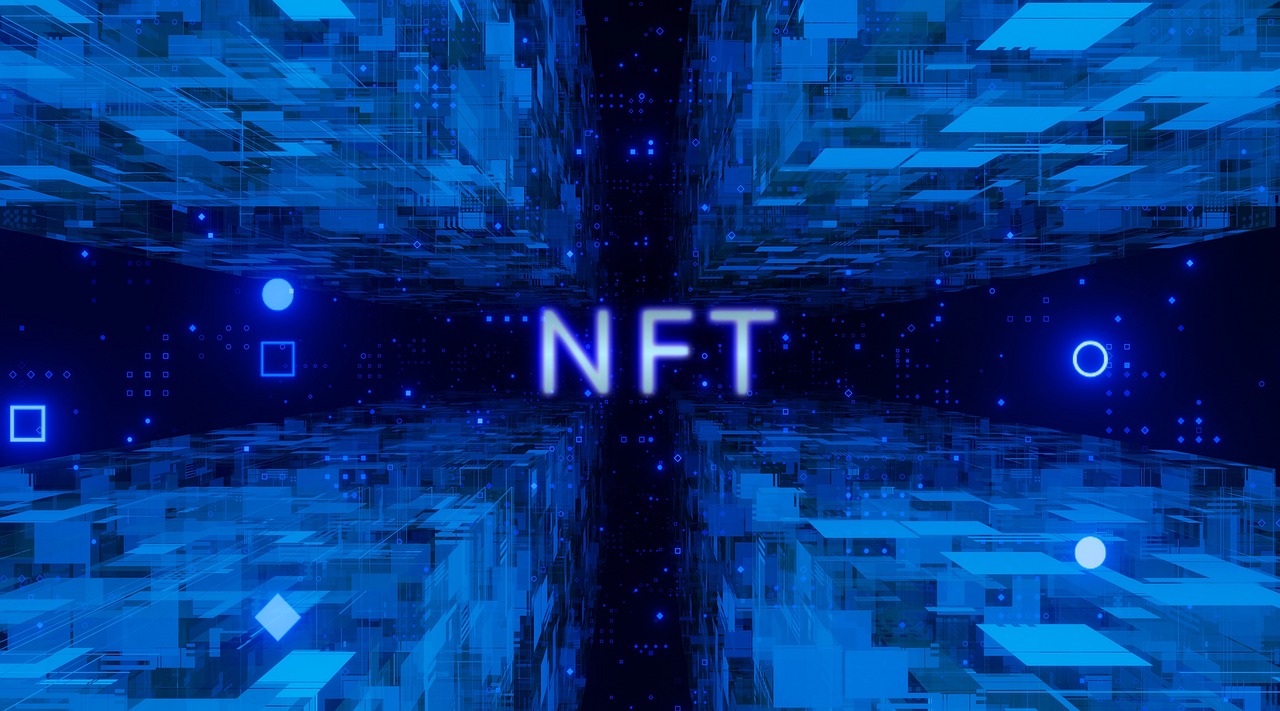Are you looking to buy an NFT (non-fungible token) but need help finding a good one? In this article, we will provide tips on how to find a good NFT. By following these guidelines, you can ensure that you are getting a valuable and genuine digital asset. (Also Read: How to Buy Bitcoin with Visa Gift Card?)
What is NFT?
The Different Types of NFTs
There are several types of non-fungible tokens (NFTs), which are digital assets that represent ownership of a unique item or asset. These types of NFTs include:
- Cryptocurrency NFTs: These NFTs represent ownership of a specific cryptocurrency, such as Bitcoin or Ethereum. They can be used to securely store and transfer ownership of these digital assets.
- Collectible NFTs: These NFTs represent ownership of a unique collectible item, such as a rare baseball card or a limited edition figurine. They can be used to prove the ownership and authenticity of these items.
- Art NFTs: These NFTs represent ownership of a digital art piece. They can be used to sell and trade digital artworks and to prove ownership and authenticity of the art piece.
- In-game items NFTs: These NFTs represent ownership of a virtual item that can be used in a video game. They can be used to trade and sell virtual items within a game.
- Virtual real estate NFTs: These NFTs represent ownership of virtual real estate, such as a virtual plot of land or a virtual building. They can be used to trade and sell virtual real estate within a virtual world.
How to Find a Good NFT?
When it comes to buying an NFT (non-fungible token), there are several factors to consider to help you find a good one. These factors include:
1. Rarity:
Some NFTs are more rare than others, which can make them more valuable. Look for NFTs that are one-of-a-kind or have a limited edition.
2. Quality:
Consider the quality of the item represented by the NFT. Is it well-made and visually appealing? Look for NFTs that are high-quality and well-crafted.
3. Authenticity:
Make sure the NFT you are considering is authentic and not a copy or a fake. You can do this by verifying the creator and the source of the NFT. Check to see if the creator is reputable and if the NFT is being sold through a trusted platform.
4. Demand:
Consider the demand for the type of NFT you are interested in. If there are many people interested in it, it may be more valuable. Look for NFTs that are in high demand and have a strong following.
5. Creator:
Research the creator of the NFT. A well-known and respected creator can add value to an NFT. Look for NFTs created by well-known and respected artists, collectors, or other individuals in the community.
6. Price:
Consider the price of the NFT relative to its value. A good NFT should be fairly priced based on its rarity, quality, and demand. Don’t be afraid to bargain or look around for the best price.
Pros and Cons of an NFT
Pros
Use of non-fungible tokens (NFTs) has various possible advantages:
- Ownership and authenticity: One of the main advantages of NFTs is that they provide a secure and transparent way to prove ownership and authenticity of digital assets. This is especially important for digital art, collectibles, and other unique items that may be difficult to authenticate. For example, an artist may use an NFT to sell a digital art piece and prove ownership and authenticity of the work. This can help to increase the value of the art piece and make it more appealing to buyers.
- Liquidity: NFTs can be easily bought, sold, and traded online, which makes it easy for people to buy and sell these assets. This can increase the liquidity of these assets, making it easier for people to buy and sell them. For example, if you own an NFT that represents a unique digital collectible, you can easily find buyers for the NFT on online marketplaces. This can be especially convenient for people who are looking to sell rare or unique items that may be difficult to sell through traditional channels.
- Security: NFTs are built on blockchain technology, which makes them secure and resistant to fraud. This can provide peace of mind to people who are buying, selling, or holding NFTs. For example, if you are buying an NFT that represents a digital art piece, you can be confident that the NFT is the genuine article and that you are not being scammed.
- Accessibility: NFTs can be easily accessed and stored online, which makes them convenient for people to buy, sell, and trade. This can be especially convenient for people who are looking to buy or sell digital assets, as they can do so from the comfort of their own home.
- Increased value: In some cases, NFTs can increase in value over time, which can make them a good investment. For example, if you buy an NFT that represents a digital art piece and the artist becomes more popular, the value of the NFT may increase. However, keep in mind that the value of NFTs can fluctuate greatly and that there is no assurance that they will improve in value.
Cons
- Complexity: NFT technology can be complex, making it difficult for some people to understand how they work.
- Volatility: The value of NFTs can be volatile and fluctuate significantly over time. This can make it risky to buy or hold NFTs, especially if you are not familiar with the market.
- Limited adoption: NFTs are still relatively new, and they have not yet been widely adopted. This can make it difficult to find buyers or sellers for NFTs, which can limit their liquidity.
Conclusion
Finding a good NFT can be a challenging task, but with the right knowledge and approach, it is possible to find an NFT that meets your needs and preferences. Some key factors to consider when searching for a good NFT include the artist or creator, the provenance and authenticity of the NFT, the rarity and uniqueness of the piece, and the potential future value of the NFT. By doing your research and keeping these things in mind, you can make it more likely that you’ll find a good NFT that you’ll enjoy and that might even gain value over time. (Also Read: What are the Pros and Cons of Staking Crypto?)











